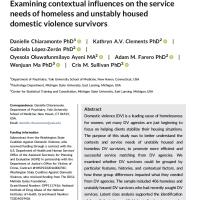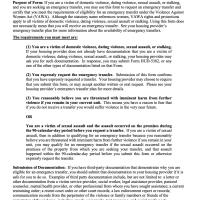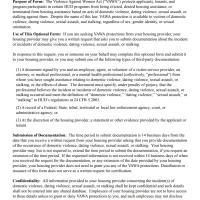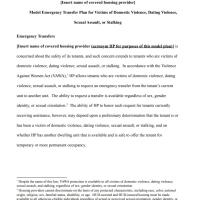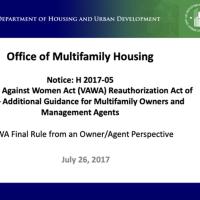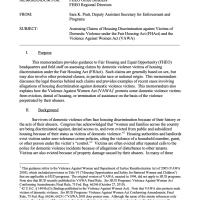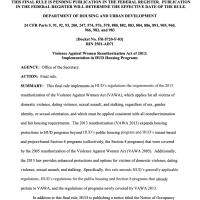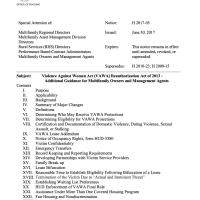Our Resource Library includes culturally rooted resources developed by or identified by the STTARS Indigenous Safe Housing Center to support Tribes, Tribal programs, and advocates working to address the intersection of housing instability/homeless and gender-based violence, as well as other materials and publications from partners and others in community with us. Resources that are the work of STTARS and shared in this library may be repurposed or reproduced as long as the work is appropriately cited.
To request technical assistance on a specific resource, contact us.


